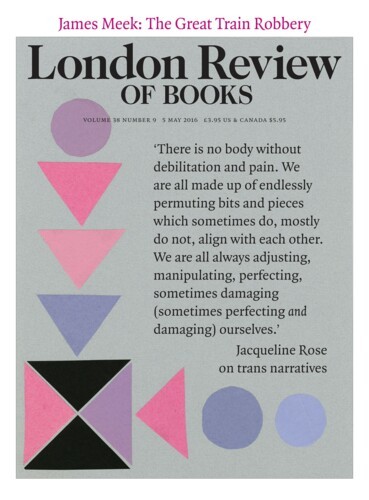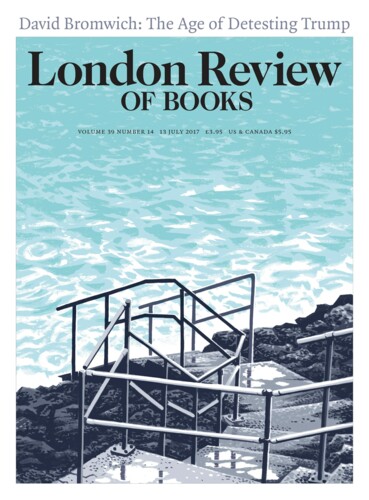Stuck in Sicily
Daniel Trilling, 5 May 2016
On a sound file sent to me via WhatsApp, a teenage girl sobs, and an older woman says: ‘Don’t worry, the white people will help you.’ The girl is 17, from a village in Edo state in Nigeria. A family friend came to her house, she says, and asked her parents if they’d like to send their daughter to work in Europe. The friend didn’t say what kind of work she...



